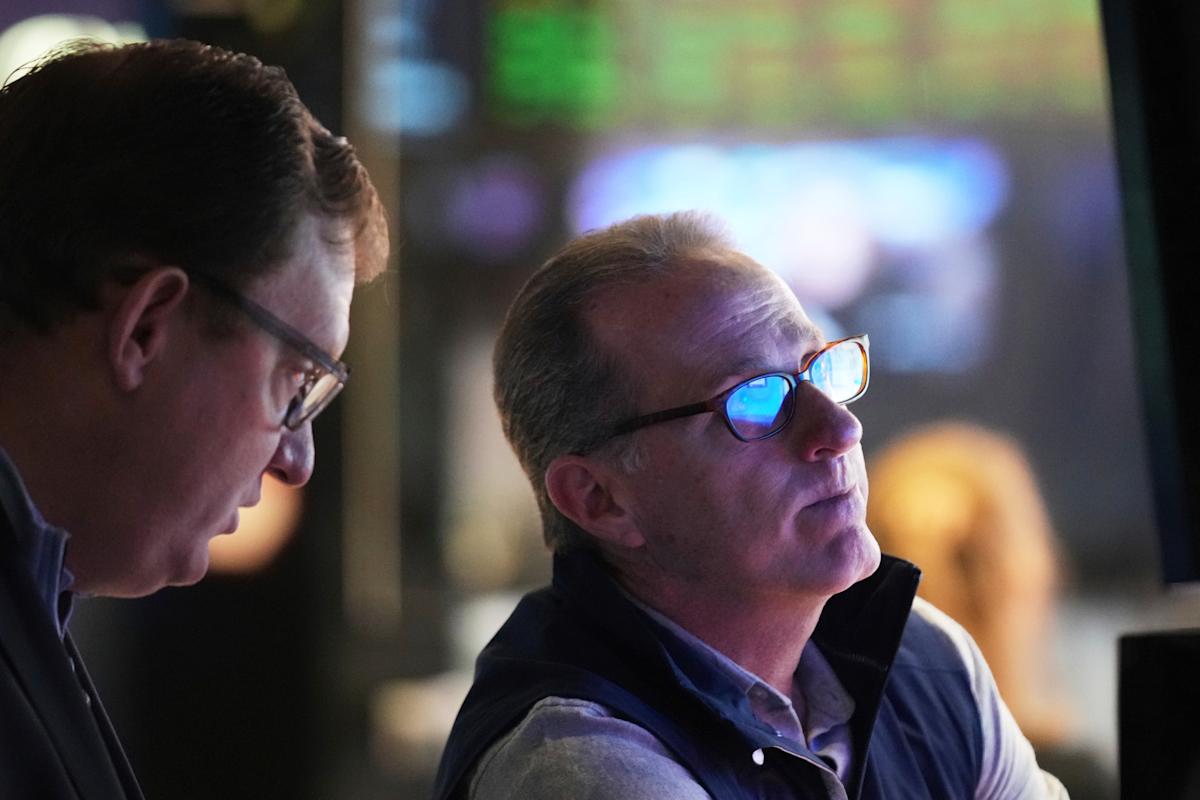Market Tremors: Trump's Tariff Bombshell Threatens Wall Street's Fragile Rally

Global market sentiment took a sharp downturn Sunday evening as futures tracking major stock indexes plummeted, with lingering trade tensions casting a long shadow over investor optimism. The uncertain tariff landscape continued to unsettle financial markets, dampening hopes for a swift economic recovery and sending early warning signals to traders worldwide.
Futures contracts linked to key stock benchmarks reflected growing investor anxiety, highlighting the persistent economic uncertainties that have been weighing on market confidence. The ongoing trade disputes and potential tariff implications are creating a climate of unpredictability that is making investors increasingly cautious about near-term market prospects.
